Bachelor of Public Health
Program Overview
The Public Health Department focuses on educating professionals who are capable of promoting health, preventing disease, and protecting communities through evidence-based practices. It plays a vital role in advancing population health through education, research, and policy engagement. The Bachelor of Public Health program trains students to analyze and address the various environmental, social, and psychological factors that impact public health. Graduates are well-equipped to work in areas such as health education, epidemiology, and disease prevention, ultimately contributing to the enhancement of individual and community well-being.
Graduation History:
The program celebrated its first graduating cohort in 2011. To date, it has successfully graduated 15 cohorts of students.
Program Mission
Providing competent public health specialists focusing on education, research, and community services
Program Goals
Goal 1: Implement a competent public health program that meets the needs of the community and the recent international standards.
Goal 2: Prepare competent specialists and lifelong learners for the public health workforce.
Goal 3: Encourage and motivate students and public health professionals to contribute to research and scientific conferences nationally and internationally.
Goal 4: Equip the graduates with the knowledge and skills that enable them to implement community service programsProgram Learning Outcomes
Knowledge and Understanding
K1: Describe the determinants of health; including environmental, social, economic behavioural, biological, and political factors that influence human health.
K2: Outline the history and philosophy of public health’ s values, concepts, and functions; locally, regionally and internationally.
K3: Describe the underlying science of human health and disease from a public health holistic view.
Skills
S1: Analyse correctly various public health planning and interventions using the problem-solving approach.
S2: Demonstrate the ability to use public health data interactively.
S3: Employ proficient population health concepts appropriately.
S4: Demonstrate communication skills and research analysis.
S5: Implement public health programs based on community needs efficiently.
S6: Analyse population health challenges and needs using evidence-based approach.
Values, Autonomy, and Responsibility
V1: Adhere to teamwork and leadership qualities in public healthcare settings.
V2: Adhere the responsibilities and accountability of public health specialist.
V3: Demonstrate integrity and ethics when applying health behaviour theories to understand public health issues at all levels
Graduate Attributes
- Students develop skills at the introductory level: Memorization, pattern recognition, problem solving, concentration, critical thinking, conceptual understanding, symbolic reasoning regarding public health.
- Students will be prepared to participate with peers and instructors and engaged in learning
- Students operate educational activities using e-Learning interactively.
- Students demonstrate diagnostic analysis and communication skills when needed independently.
- Students employ proficient and competent in public health practices appropriately.
- Students recognizing punctuality to class and participation in class discussions responsibly and ethically complete.
Program information
Academic Advising for Staff-Public Health 1447
Academic Advising Guide for Students-Public Health 1447
Admission, and Registration Guide for Students-Public Health 1447
Complaints and Grievances Guide for Students-Public Health 1447
Rights and Duties Guide for Staff-Public Health 1447
Rights and Duties Guide for Student-Public Health 1447
Students Guide to Study and Examination Regulations-Public Health 1447



